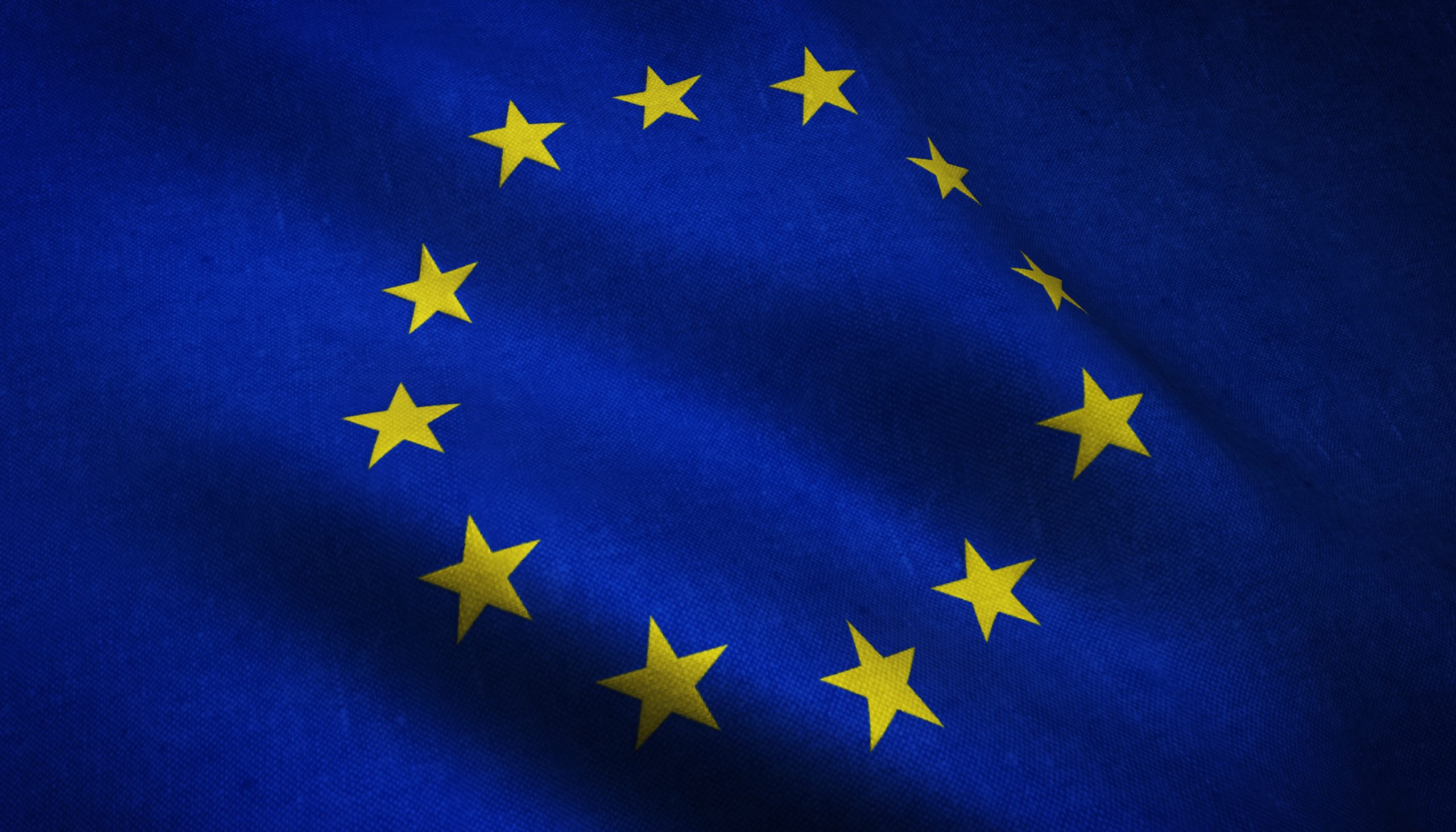The five years since the last European Parliament elections have seen multiple crises, including the COVID-19 pandemic, the war in Ukraine and the related energy crisis. Lorenzo Codogno and Mara Monti write these shocks have prompted changes in the policy priorities of both the EU’s institutions and its citizens. However, while a shift to the right in the European Parliament may not threaten the integration process as in the past, it could still undermine the balance needed to face future challenges.
This article is part of a series on the 2024 European Parliament elections. The EUROPP blog will also be co-hosting a panel discussion on the elections at LSE on 6 June.
The eminent economist John Maynard Keynes is sometimes credited with saying, “When the facts change, I change my mind. What do you do?” Reality is notoriously stubborn, and so, as Keynes noted, it might be better to change our minds if the situation changes. This is very much what has happened to European institutions and voters over the past five years.
Political priorities have changed since the 2019 European election because of events and how European policymakers responded to them, from the pandemic to the invasion of Ukraine and the related energy crisis. The increase in energy prices impacted the cost of living, squeezing household purchasing power. It pushed inflation beyond the European Central Bank (ECB) target, forcing the bank to change monetary policy and increase the cost of borrowing.
The U-turn in monetary policy was unexpected. In 2019, inflation was below the ECB target of 2%, and real interest rates were in negative territory, which made for a completely different economic environment. At that time, the Eurosceptic parties played an essential role in criticising European institutions, from Parliament to the central bank. After the vital role played by European institutions in combatting the various crises over the past five years, they have become somewhat less populist and less Eurosceptic. The aim is no longer to exit the EU but rather to change it, following the UK’s eye-opening experience.
However, they are embracing more extreme far-right ideas. Recently, the European candidate for the Alternative für Deutschland (AfD), Maximilian Krah, said in an in terview, “I will never say that anyone who had an SS uniform was automatically a criminal”. Eventually, he was excluded by his party from the electoral campaign.
His AfD running mates in the same European political grouping, Identity and Democracy (ID) – the one to which Italy’s League and France’s Rassemblement National belong – issued a note to announce that they decided “to exclude with immediate effect the German AfD delegation”. This was nothing short of a political earthquake amid the ongoing re-alignment of policy priorities at the right end of the political spectrum.
About the Authors
Lorenzo Codogno is Visiting Professor in Practice at the LSE’s European Institute and founder and chief economist of his own consulting vehicle, LC Macro Advisors Ltd. Lorenzo is also a Visiting Professor at the College of Europe, Bruges, and senior fellow at LUISS LEAP. Prior to joining LSE, he was chief economist and director-general at the Treasury Department of the Italian Ministry of Economy and Finance (May 2006-February 2015). Throughout this period, he was head of the Italian delegation at the Economic Policy Committee of the European Union, which he chaired from Jan 2010 to Dec 2011. He joined the Ministry from Bank of America, where he had worked over the previous 11 years. He was managing director, senior economist and co-head of European Economics based in London.
Mara Monti was a Visiting Fellow at the LSE’s European Institute for six years and a journalist at Il Sole 24 Ore, Italy’s leading financial/economic newspaper, based in Milan. She completed an MSc (Econ) in Politics of the World Economy at LSE career in journalism, specialising in the financial sector. Over the past 16 years, she has been part of the financial team at Il Sole 24 Ore, writing extensively on financial issues, sovereign crisis and monetary policy issues. Prior to joining Il Sole 24 Ore, Mara worked as editor-in-chief for international news agency Dow Jones Telerate in Milan. She wrote several books investigating the bankruptcy crisis of the past ten years and probing into financial scandals.

